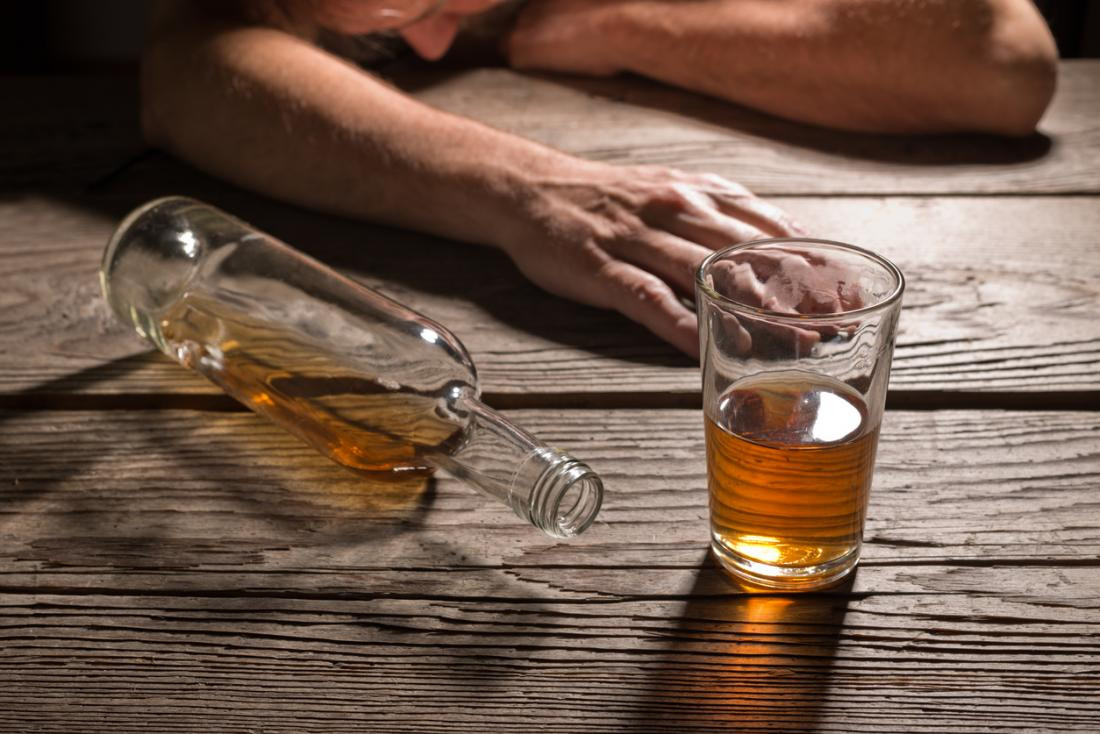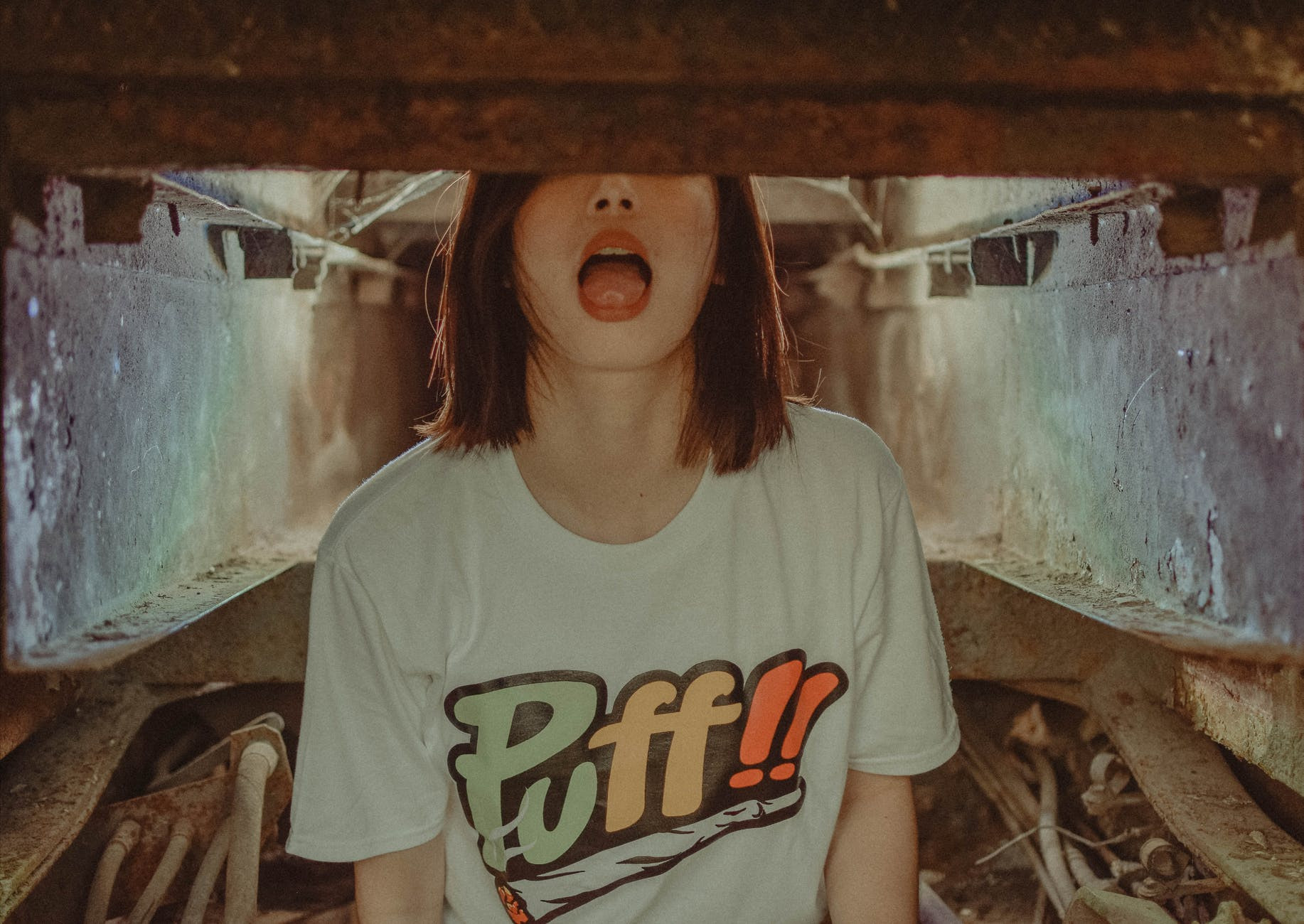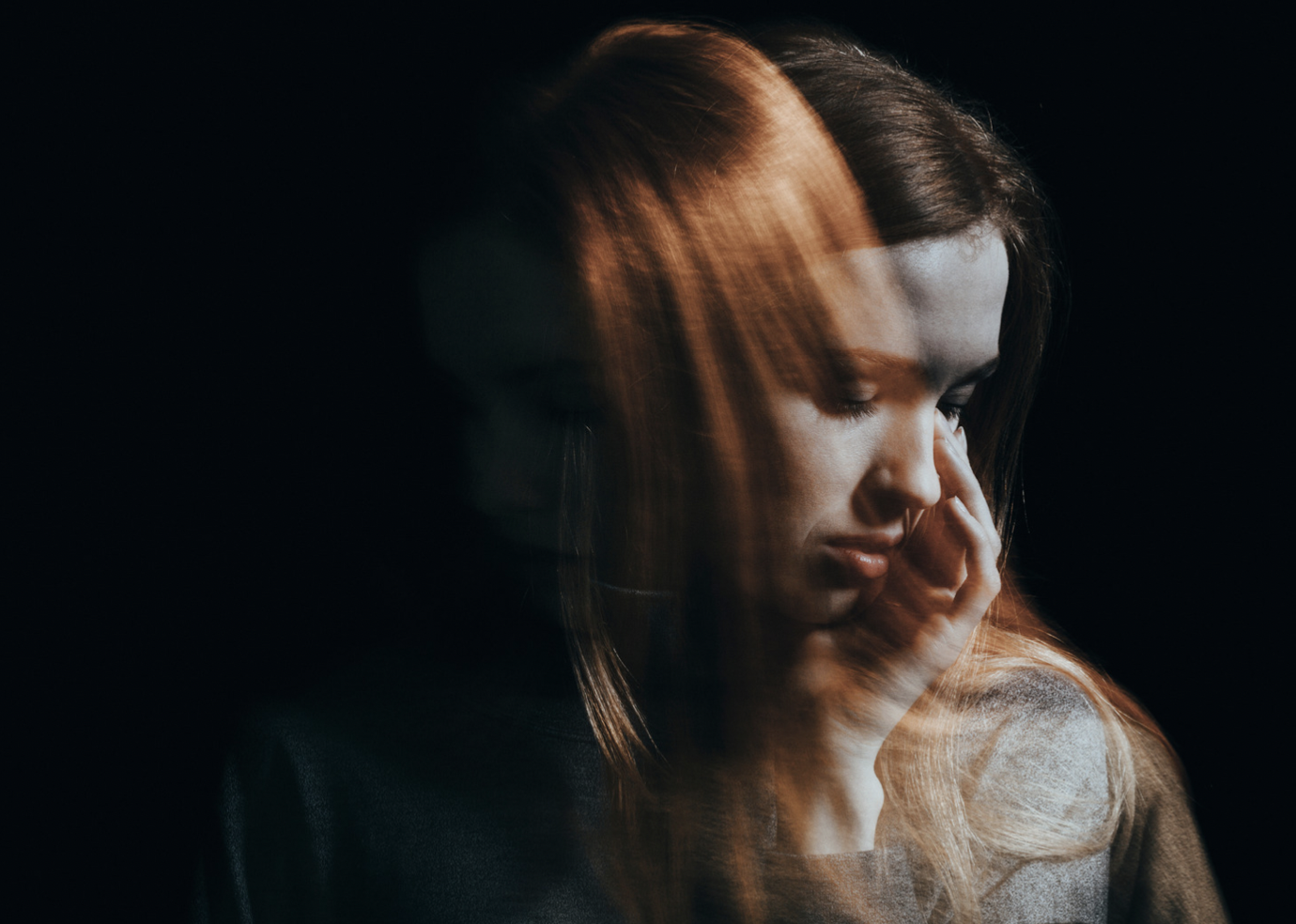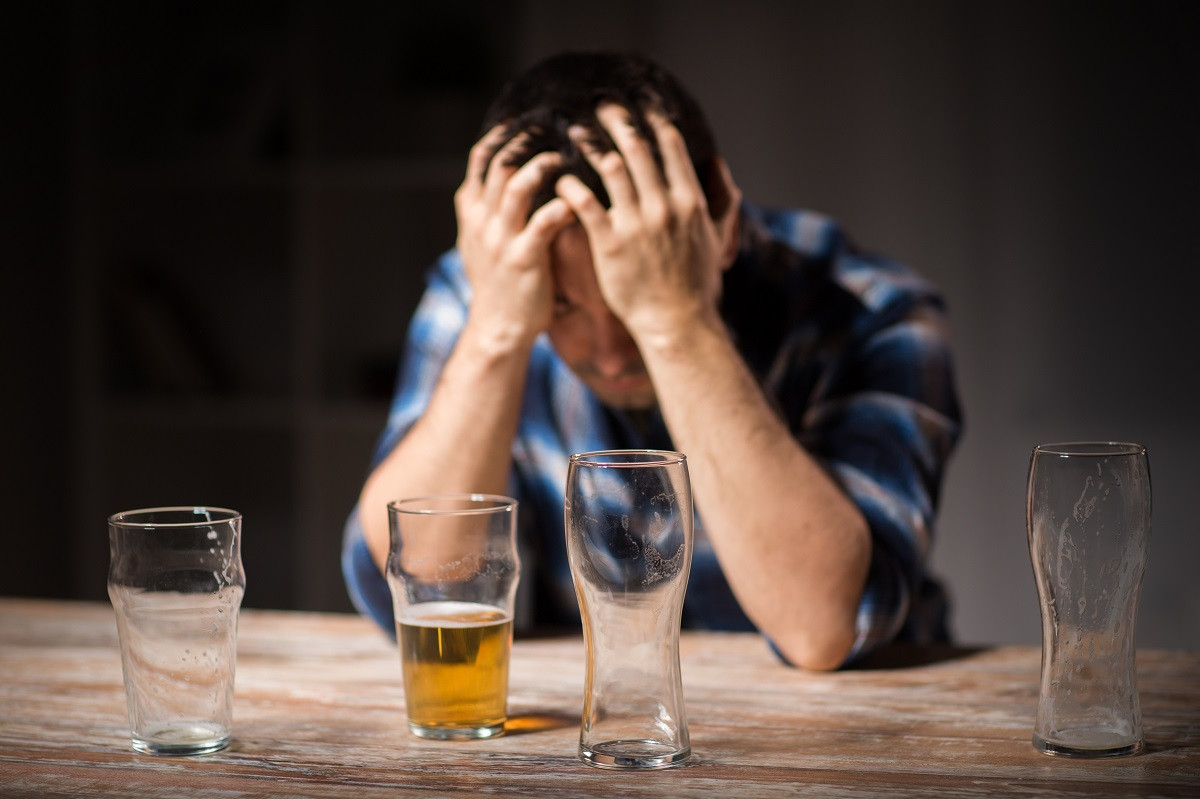Definition
Mood disorders are a category of mental disorders used to describe all types of depression and bipolar disorder. There are several types of mood disorders, including:
- Depression, there is decreased interest in daily activities, feeling sad or hopeless, and other symptoms for at least two weeks.
- Dysthymia refers to an irritable mood (easily agitated or feeling angry) and chronic mild depression that persists for at least two years.
- Bipolar disorder is a condition in which individuals have periods of depression that alternate with periods of mania or elevated moods.
- Mood disorders associated with other health conditions, patients with medical illnesses such as cancer, injury, infection, or chronic disease may exhibit symptoms of depression.
- Substance-induced mood disorders, where depressive symptoms arise from the effects of medication, drug abuse, alcohol, toxin exposure, or other types of treatment
Alcohol-induced mood disorder is a subset of mood disorders that are stimulated by a substance, in this case, alcohol. In this disorder, the mood is triggered by alcohol use alone and not by other causes.
Alcohol is usually consumed to improve the drinker's mood, but there is a proportion of people who suffer paradoxically from mood disorders after consuming alcohol. These individuals do not experience the euphoria that is usually felt while in an alcohol-intoxicated state but instead become manic or enter into depression.
Causes
Alcohol has the potential to induce mood disorders, including both mania and depression. These conditions may manifest in individuals who have undergone alcohol intoxication or withdrawal. One theoretical explanation is that alcohol can alter the distribution of neurotransmitters, which are compounds responsible for transmitting signals between nerve cells. This impact is particularly observed in crucial neural circuits, such as the dopaminergic tracts and the Papez circuit, which play a role in emotional expression within the brain.
Risk factor
Among the general population, nearly half of all depressive episodes are linked to excessive alcohol use. Supporting this finding, various studies indicate that 40-60% of individuals with alcohol use disorders experience depression induced by alcohol. Recent research has further highlighted the role of genetic factors in elevating the susceptibility to substance abuse, including alcohol and mood disorders in individuals.
Symptoms
Individuals with alcohol-induced mood disorders will exhibit symptoms similar to individuals with other mood disorders.
If depressed, then the individual will experience:
- Sad mood
- Insomnia
- Feelings of guilt
- Suicidal thoughts
- Psychomotor retardation (a decrease in motor activities that used to be done quickly)
- The feeling of hopelessness and helplessness
- Irritability
- Decreased sexual desire
- Lack of energy
- Anorexia
If experiencing mania, then the individual will experience:
- Grandiosity or an unrealistic sense of grandeur/superiority.
- Attention is easily distracted.
- Impulsivity
- Rapid thinking
- Irritability
- Insomnia
- Increased energy
The above symptoms will resolve with the cessation of severe intoxication or acute withdrawal (up to 1 month). Alcohol-induced disorders can occur during intoxication or withdrawal. In general, severe intoxication will cause symptoms consistent with mania or hypomania, while withdrawal will cause depressive symptoms.
Alcohol will trigger a euphoric phase, decrease impulse control, or cause mood lability (mania or hypomania). This intoxication phase will then be followed by the withdrawal phase, which is characterized by irritability, agitation or restlessness, and dysphoria (a state of persistent dissatisfaction).
Diagnosis
Alcohol-induced mood disorders will follow the symptoms of mood disorders that are not caused by alcohol or other substances. Therefore, alcohol-induced depression will follow the diagnostic criteria of depressive disorder, while alcohol-induced bipolar disorder will follow the diagnostic criteria of bipolar disorder.
In alcohol-induced depressive disorder, the clinical features are depressed mood or decreased pleasure/interest in all aspects of life. In alcohol-induced bipolar disorder, the clinical picture is one of elevated mood, or irritable mood, with or without accompanying depressive mood (or decreased interest or pleasure in all aspects of life). The symptoms must also be severe enough to cause profound sadness, severe worry, and significant distress.
These clinical symptoms will then be combined with an interview, physical examination, or laboratory tests conducted and advised by the doctor to make a diagnosis.
An admission from the individual that they have consumed alcohol or a positive laboratory test result is also required to make a valid diagnosis. The doctor will also ensure that the symptoms were not present before the individual consumed alcohol. Symptoms arising from alcohol or other substance use will resolve with cessation of severe intoxication or acute withdrawal symptoms (up to 1 month).
Management
With the diagnosis of alcohol-induced mood disorder, there is an implication that the mood disorder may resolve on its own after withdrawal from the offending substance, alcohol. However, alcohol-induced mood disorders must be treated by a psychiatrist, as both the addiction and the mood disorder need to be treated simultaneously.
Frequently used methods are behavioral therapies such as Cognitive Behavioral Therapy (CBT), Dialectical Behavioral Therapy (DBT), and family therapy. Whether or not medication is needed will depend on the severity of the alcohol-induced symptom episode.
The clinician's clinical judgment, aided by a full interview and additional information, will help the clinician to decide if the individual only needs supportive care and observation in a safe environment during the withdrawal period or if they need treatment for their mood disorder.
Some studies suggest antidepressant medication for individuals showing depressive symptoms, while for manic episodes, the recommended medications are antipsychotics.
Complications
The most significant complication of alcohol-induced mood disorders is suicidal ideation. Research suggests that suicide attempts are more common in mood disorders caused by alcohol or other substances. Other studies have estimated that there is almost four times increased risk of attempting suicide if the use of alcohol, drugs, or other substances triggers the mood disorder.
Prevention
There are several ways to avoid or prevent alcohol-induced mood disorders, namely:
- Avoid alcohol consumption
- Avoid people or gatherings that may trigger the idea of alcohol consumption.
- Lead a healthy lifestyle by eating nutritious food, reducing caffeine, and quitting smoking.
- Recognize symptoms of depression or mania that arise after alcohol use and seek help from a doctor or psychiatrist.
When to see a doctor?
See a doctor or psychiatrist immediately if you experience mood disorders or the conditions below:
- Feeling emotions are interfering with work, relationships, social activities, or other aspects of life
- Having difficulty quitting alcohol
- Having suicidal feelings, thoughts, or behaviors - seek emergency care as soon as possible.
- dr Hanifa Rahma
Johns Hopkins Medicine. Mood Disorders. Accessed January 13, 2022, from https://www.hopkinsmedicine.org/health/conditions-and-diseases/mood-disorders.
Revadigar, N., Gupta, V. (2021). Substance-Induced Mood Disorders. StatPearls Publishing. Accessed January 13, 2022, from https://www.ncbi.nlm.nih.gov/books/NBK555887/.
Hartney, E. (2021). Substance-Induced Mood Disorder. Accessed January 13, 2022, from https://www.verywellmind.com/substance-medication-induced-depressive-disorder-21931
McHugh, RK., Weiss, RD. (2019). Alcohol Use Disorder and Depressive Disorders. Alcohol research: current reviews.
Substance-Induced Mood Disorders. (2021). Mental Health Center Cedars-Sinai Medical Office Towers. Available from: https://www.cedars-sinai.org/health-library/diseases-and-conditions/o/overview-of-mood-disorders.html
Mood disorders. (2021). Mayo Clinic. Available from: https://www.mayoclinic.org/diseases-conditions/mood-disorders/symptoms-causes/syc-20365057












